As I write, the time is 10 p.m. in New York City and the temperature is hovering somewhere around unbearable. It’s a nice respite from the 100 degrees the city hit on Tuesday afternoon, as voters flocked to the polls to cast their ballots in an unusually heated mayoral primary.
Polls closed at 9 p.m., and a town famed for its impatience was given the gift of a clear front-runner. Improbably, against all odds, all common wisdom, the vast majority of polls and even the betting markets, the night ended with Zohran Mamdani, the 33-year-old state assemblyman and proud “Muslim democratic socialist” as the Democratic nominee for New York City mayor.
“I’m very proud of the campaign that we ran,” Cuomo told his supporters as Mamdani’s lead proved insurmountable. “But tonight was not our night. Tonight was Assemblyman Mamdani’s night, and he put together a great campaign and he touched young people and inspired them.” Cuomo added that he called Mamdani to congratulate him on his victory in the first round of ranked-choice voting, which likely ensures a victory in the overall primary.
How, you might ask, is a socialist poised to be the next mayor of New York, the Mecca of capitalism, the gilded home of Tom Wolfe’s masters of the universe?
The answer is simple: Cuomo, the political scion whose name, in recent years, was most frequently appended to the adjective “disgraced.”
Cuomo was, for the most part, a popular governor across his three terms in Albany. When the Covid pandemic battered New York, he established himself as an authoritative and paternal shepherd during a time of extreme crisis. His steady and fact-based briefings on the crisis drew a sharp contrast with Trump and his chaotic press conferences. His approval rocketed above 70 percent, spawning some nauseating headlines (Vogue, March 2020: “Why We Are Crushing on Andrew Cuomo Right Now“).
But Covid also marked the beginning of the end for Cuomo. A watchdog report found his disastrous decision to force nursing homes to take Covid patients may have caused up to 1,000 more deaths. He was investigated for using government resources to help secure a $5 million deal for a book on his own pandemic heroism. And then, a series of sexual harassment allegations from within his own office, which he has denied, forced him to resign as governor.
Time has a funny way of treating the scandal-plagued. Their sins are inflated and then hardened in the minds of their critics, while they tend to dissipate in those of their sympathizers. That phenomenon helps explain how Cuomo, disgraced former governor, reinvented himself as the leading candidate for mayor of New York.
Yet his campaign, by all metrics, was a dreadful one. He kicked it off with an 18-minute screed describing New York City as a hellscape, despite the fact that Mayor Eric Adams has, for all his faults, presided over a historic drop in crime over the last few years. Cuomo never bothered to rebut the perception among New Yorkers that he harbors deep disdain for the city, after years of either battling with its mayors or physically avoiding it. He spurned the press, skirting interviews and allowing his competition to suck up the free media attention and build momentum.
Mamdani, meanwhile, mounted one of the most formidable campaigns for public office seen in years.
His bid thrilled New York’s young liberals, who are more excited about this election than any in recent memory. It inspired, with equal fervor, terror among the city’s moderates and wealthy who have vowed to flee if Mamdani moves into Gracie Mansion. On election day, as new polling showed the race tightening, CNBC’s Andrew Ross Sorkin described the business community as experiencing a collective “panic attack.”
Having served just four years as an assemblyman – after an unsuccessful career as a rapper – Mamdani offers little record by which to judge how he might govern as mayor. The attack ads leveled against him have focused mainly on baseless charges of anti-Semitism. Cuomo was particularly vicious on this front, his performative outrage best captured by a furious outburst in a debate when Mamdani said he would not visit the foreign nation of Israel as mayor of (checks notes) New York. Cuomo, it should be noted, is one of Benjamin Netanyahu’s lawyers defending him against war crimes charges.
Those attacks on Mamdani were potent for some voters, but they didn’t pack the same punch as the more obvious criticism: he’s a socialist running on a platform of massive spending in a city that already has sky-high taxes and spends more per capita than anywhere else in the country.
He’s proposed free buses, no-cost childcare, a rent freeze and a $60 million development of city-run grocery stores. How does he propose the city pay for all this? Higher taxes on businesses and billionaires. Good luck.
Yet through his disciplined and almost singular focus on affordability as a campaign issue, Mamdani managed to reframe this election away from crime, which Cuomo fixated on, and has been a core concern of New Yorkers in recent years (it was partly why former NYPD cop Eric Adams was elected mayor in the last election.)
The results of Tuesday night proved the success of that strategy. Despite what you might have heard on Fox News or in the pages of the New York Post, crime is historically low in New York. (My favorite quirk of Fox News programming is when its hosts describe a city on fire from their sleek studios in Midtown Manhattan with windows looking onto the high-end bustle of Sixth Avenue.) New Yorkers no longer worry about crime like they did in 2020, a shift in perception that made Mamdani’s messaging about affordability all the more potent across the five boroughs.
Ultimately, we may look back on this wild campaign as one that breaks a rule of New York mayoral politics: our love for electing abject weirdos. Decades before he debased himself as Trump’s hair-dye-drenched election lawyer, Rudy Giuliani married his second cousin. We elected him mayor a few years later. For all his successes and popularity, Mike Bloomberg is as odd as they come. Even for a New York mayor, Eric Adams is comically corrupt, with the distinction of being the first NYC mayor to be indicted in office. Cuomo is an accused sex pest with a fundamentally weird demeanor. Regardless of what you think of Mamdani’s far-left politics, everyone can agree the man is effortlessly normal.
Still, the race is far from over. While you might assume the winner of the Democratic primary is a lock to win deep-blue New York City, this year is a little different. Both Cuomo and Adams are registered to run as independents, meaning we’re likely in for a second round.
For an impatient city, it’s a punishing slog.



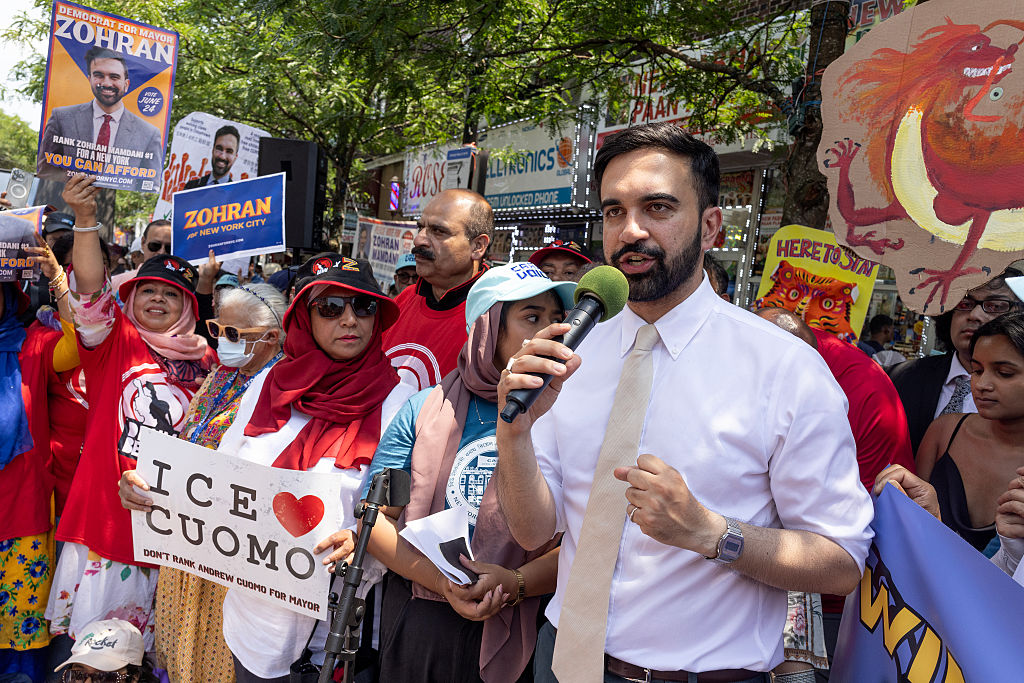






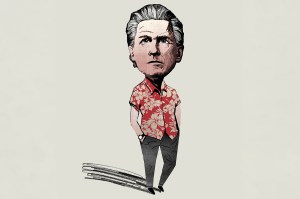

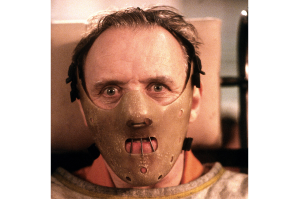
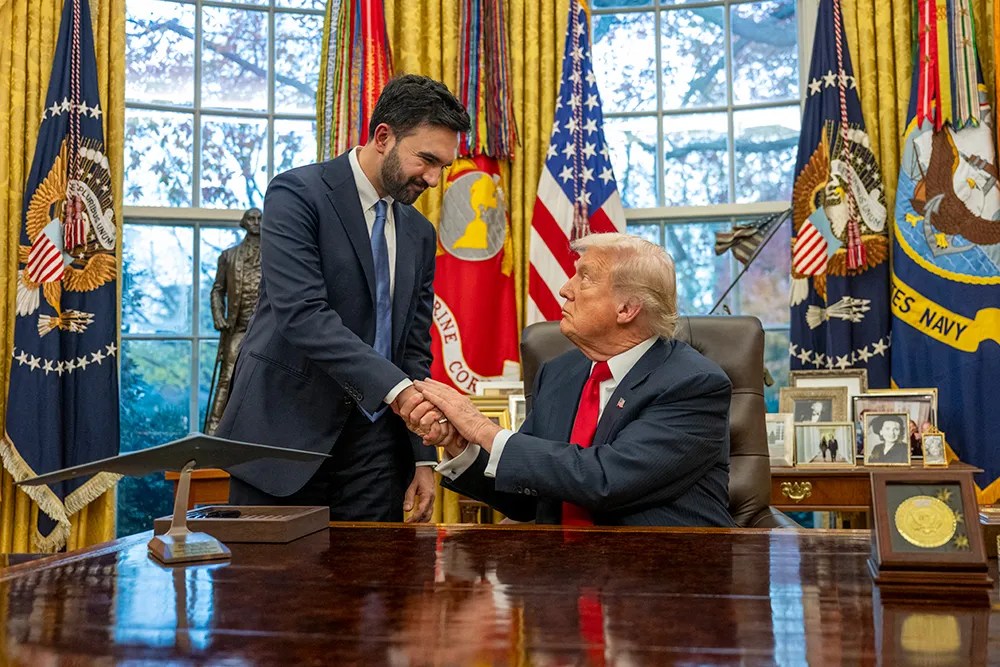
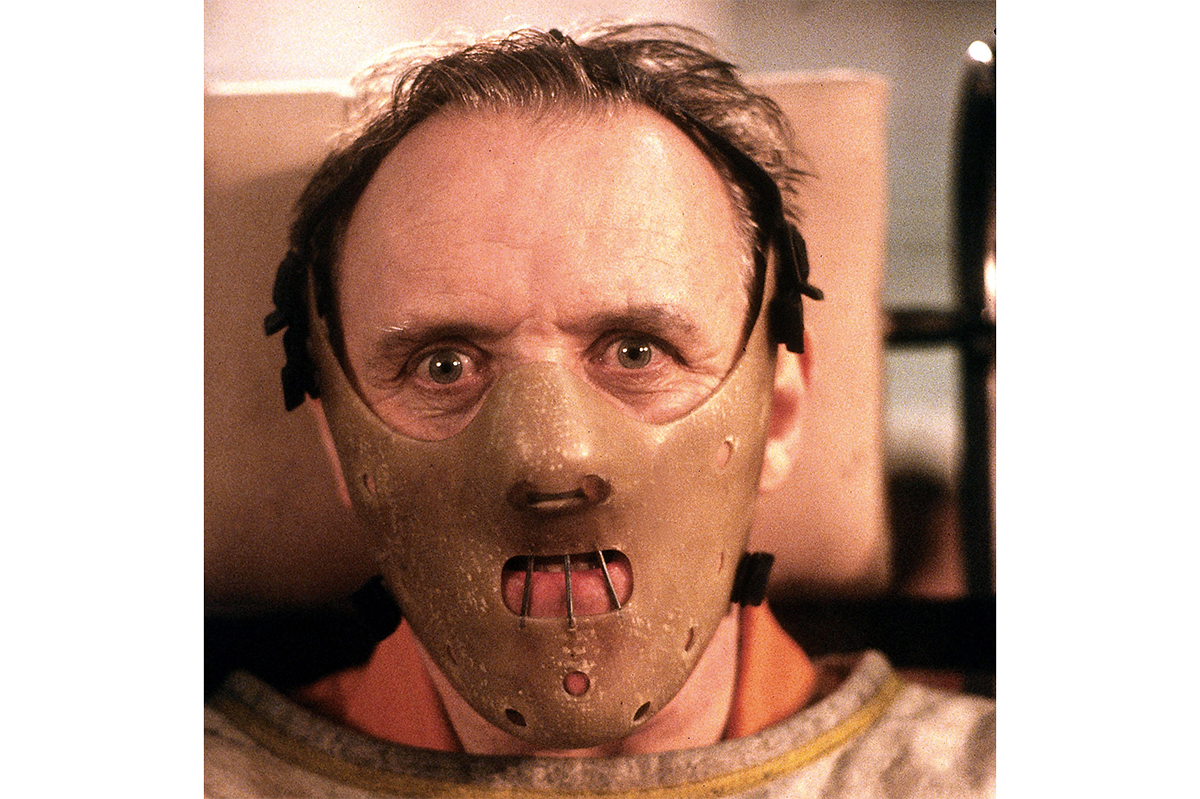

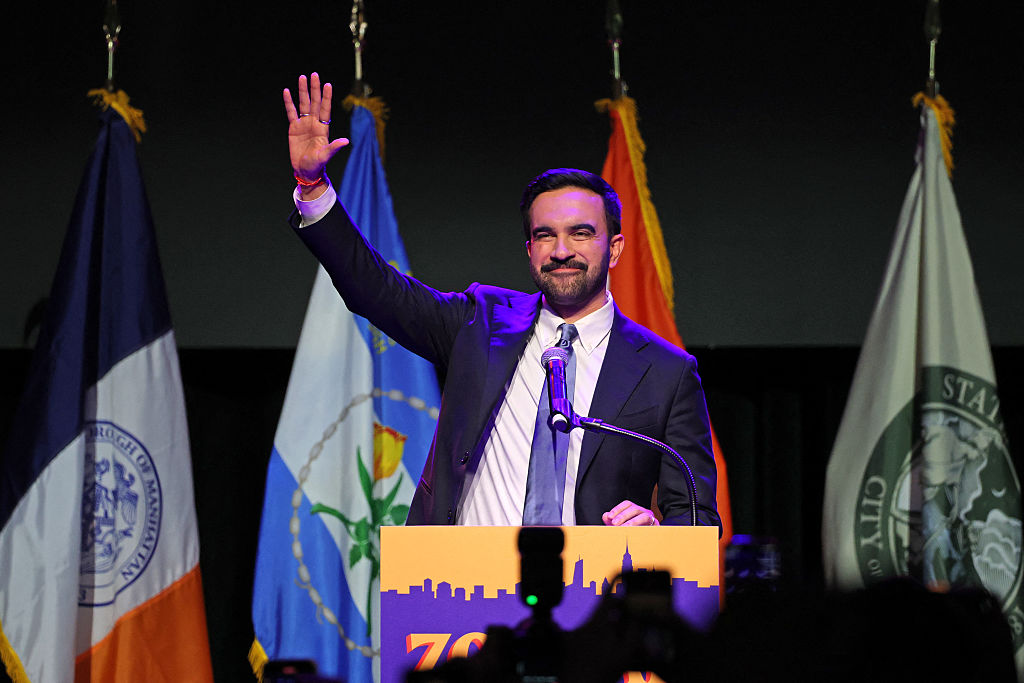

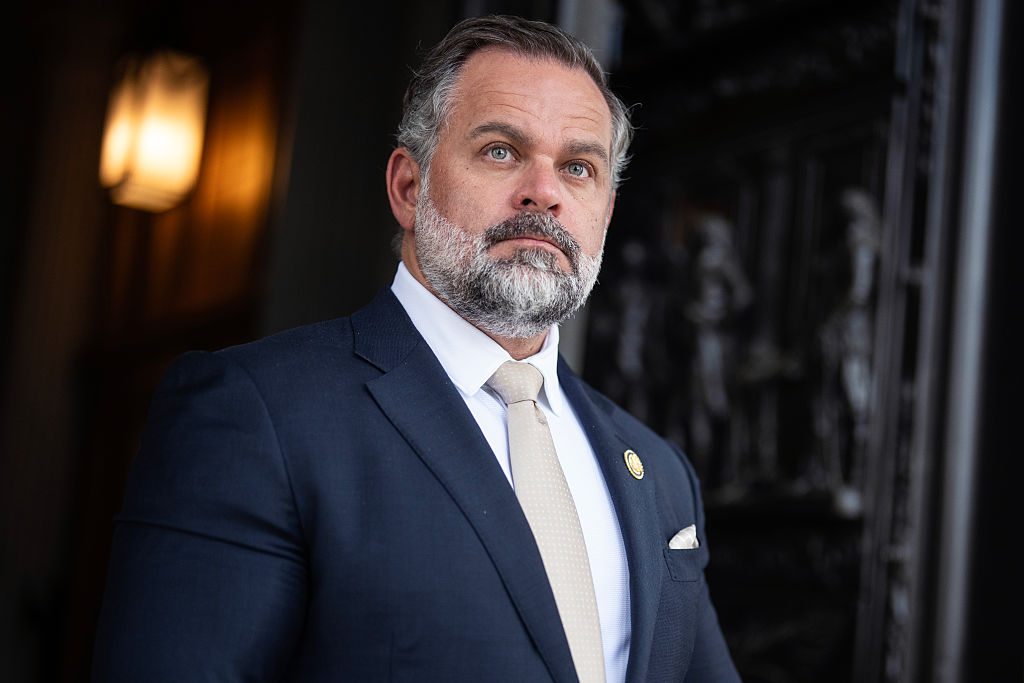







Leave a Reply